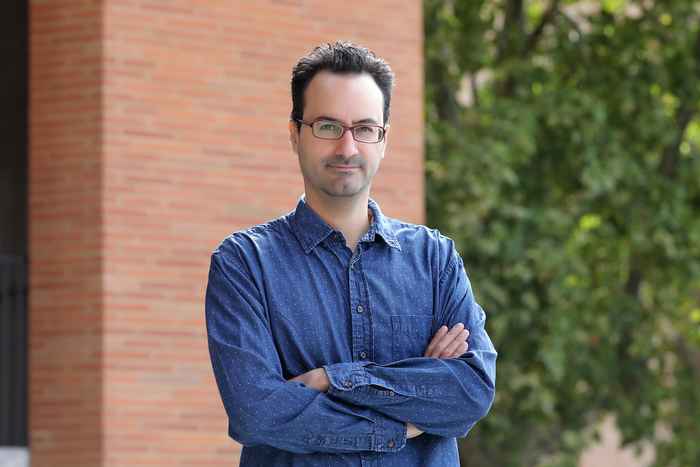Interdependence and the evolution of indirect reciprocity (hybrid)
Kick-off lecture Jorge Peña
- Date
- 10 November 2022
- Time
- 12:00 -14:00

Interdependence and the evolution of indirect reciprocity
Humans cooperate to contribute to common projects, create public goods, and engage in political participation. Solving many societal challenges depends on such cooperation. Among the mechanisms to explain the evolution of human cooperation, indirect reciprocity is the idea that cooperation can help individuals accrue a good reputation in the eyes of interested third parties who could then behave nicely towards them.
Previous work has investigated the conditions under which systems of indirect reciprocity can sustain cooperation. This research program relies on a formalism where reputations and actions are binary: actors can be either “good” or “bad”, and they can either “cooperate” or “defect” in a simple donation game. In this framework, an indirect reciprocity system needs to specify both an assessment rule (or “social norm”) and an action rule (or “behavioral strategy”).
The assessment rule specifies how to update the reputation of the donor depending on their action and on the reputations of the donor and the recipient. The action rule specifies whether or not a donor should cooperate depending on their own reputation and that of the recipient. In an influential study, Ohtsuki and Iwasa (2004) identified eight pairs of assessment and action rules that sustain cooperation. Much of the more recent literature on indirect reciprocity has built on this insight, for instance, by testing whether or not the identified pairs are vulnerable to different kinds of errors and information sets.
In this talk, I will first present an introduction (from a modelling and theoretical perspective) of indirect reciprocity as a mechanism for the evolution of cooperation. Then, I will talk about some of my current work on this topic, and particularly about a modelling framework to account for indirect reciprocity in interdependent many-player interactions, such as those arising from collective action problems. Using this framework, I will discuss the results of a model in which individuals can or cannot be accountable for their individual actions, and show how the emerging social norms differ in their potential to sustain cooperation---thus underlying the importance of linking reputation and accountability for sustaining collective action. Finally, I will outline the projects I intend to carry out during my fellowship at IAS, having to do with theoretical and experimental investigations into the interplay between reputation and interdependence in indirect reciprocity.
Programme
| 12:00 | Lunch on arrival |
| 12:30 | Welcome & introduction by IAS director Huub Dijstelbloem |
| 12:40 | Presentation by IAS fellow Jorge Peña |
| 13: 40 | Q&A |